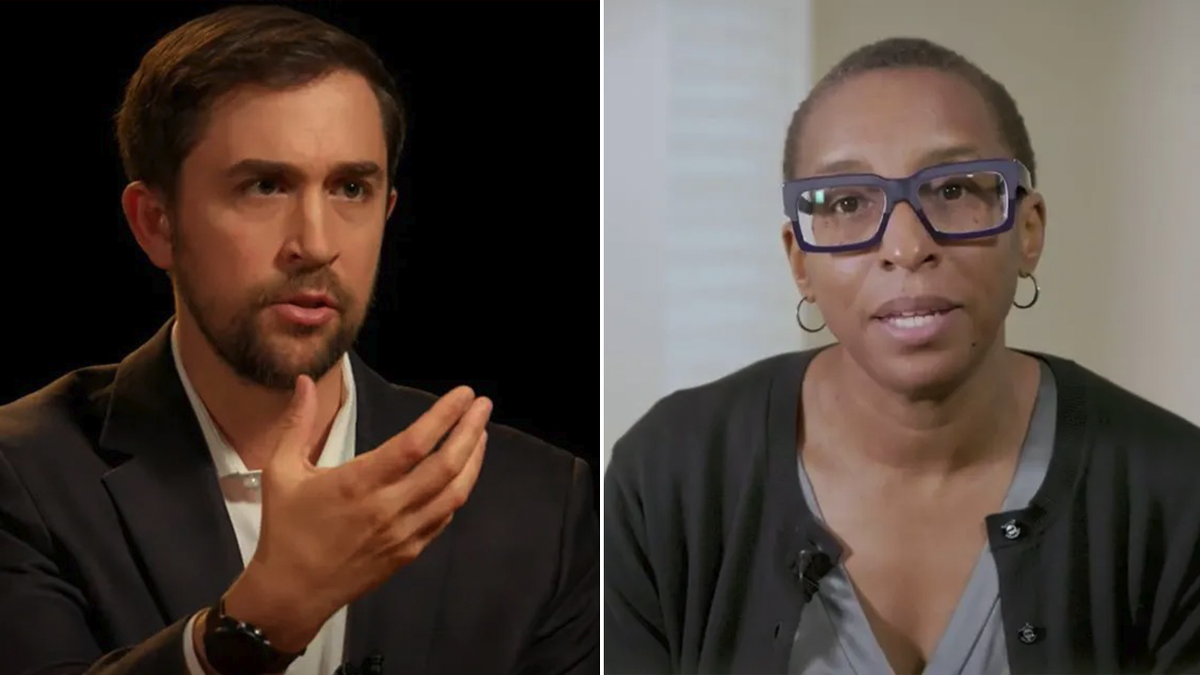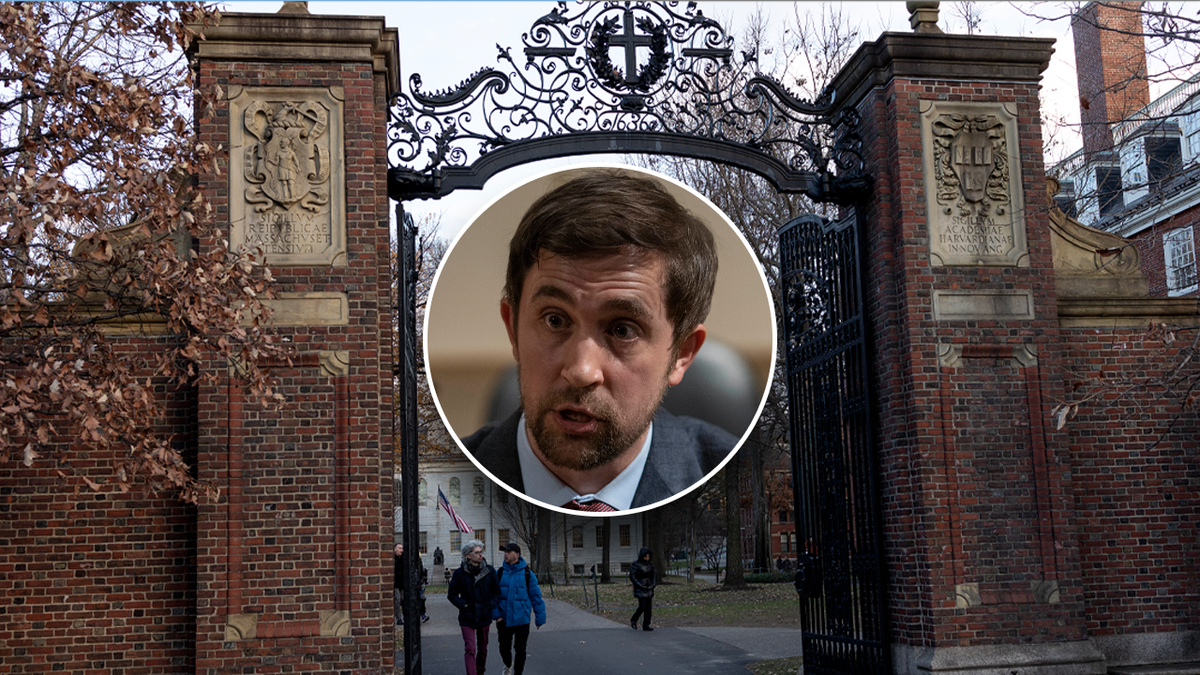Chris Rufo: Progressive dogma infiltration of American institutions 'is much deeper than you might imagine'
Chris Rufo shares with Fox News Digital the details of his new book, "America’s Cultural Revolution: How the Radical Left Conquered Everything."
Conservative activist Christopher Rufo has written a tactical game plan for how American conservatives can fix their country and its institutions.
Late last year, then-Harvard president Claudine Gay’s career became national news after she became accused of misdeeds ranging from tolerating antisemitic comments on campus to plagiarism in her academic writings. Rufo, a fellow at the Manhattan Institute, helped expose the plagiarism allegations against Gay until she eventually stepped down from Harvard’s presidency.
After taking some credit for having "squeezed" Gay out of her position in an op-ed, he also wrote a broader manifesto, "The New Right Activism" for IM-1776, explaining how to achieve similar shakeups elsewhere.
He argued that many young and intellectual conservatives recognize that the tactics used by their predecessors in past decades "are no longer viable, and that ideas without power are useless." He proposed instead, "What [conservatism] needs is a spirited new activism with the courage and resolve to win back the language, recapture institutions, and reorient the state toward rightful ends."

Rufo, who is a fellow at the Manhattan Institute, helped expose the plagiarism allegations against Gay until she eventually stepped down from Harvard’s presidency. ("Word On Fire" and Harvard University)
"The first step is to admit what hasn’t worked," he wrote, before criticizing a series of "myths" he says "rendered the Right ineffective" in combating the corruption of American society.
One concept he slammed was the "self-serving myth of neutrality" believed by the "conservative establishment." He argued instead that the political reality is that "no institution can be neutral — and any institutional authority aiming only for neutrality will immediately be captured by a faction more committed to imposing ideology." Rufo went on to propose that conservatives' mistaken belief in institutional neutrality has resulted in "public universities, public schools, and other cultural institutions" being "dominated by the Left."
He also wrote that the free market mentality of the past fails to account for the modern reality that institutions like the "public school, the public university, and the state" are now "government-run monopolies." He elaborated, "In truth, the hand that moves culture is not an ‘invisible hand’ but an iron hand clad in velvet — that is, political force."
Rufo went on to describe how "new right activism" must "focus its efforts on three domains: language, institutions, and ends."

Shortly after Claudine Gay stepped down from her role as Harvard's president, Chris Rufo wrote about how conservatives can take back their country's institutions. (Rufo photo by Thomas Simonetti for The Washington Post via Getty Images, and Harvard gates photo by Andrew Lichtenstein/Corbis via Getty Images )
CHRIS RUFO RESPONDS TO HARVARD PRESIDENT'S RESIGNATION: 'GLAD SHE'S GONE'
One place he argued could be used as a starting point is language, which he says has been dominated by left-wing euphemisms. "To change the language means to change society: in law, arts, rhetoric, or common speech. The Right must build a new vocabulary to overcome the regime’s euphemistic rule, which enacts abuse of power through abuse of language," he wrote.
Beyond changing the language and culture of elites who run society’s institutions, he argued conservatives must recruit from or join the ranks of the elite themselves, and he argued the way to achieve political change is via institutions where "We must recruit, recapture, and replace existing leadership" if conservatives want to have say in their country’s future. "We must produce knowledge and culture at a sufficient scale and standard to shift the balance of ideological power. Conservative thought has to move out of the ghetto and into the mainstream."
CLICK HERE TO GET THE FOX NEWS APP
"Institutions are where the word becomes flesh. The men who shape the discourse must understand that above them stand the statesmen: men of practical affairs who govern, legislate, and rule. The activist must not forget that he is doing politics, not literature, and balance his desire for intellectual purity with institutional reality," he wrote. "He must work to legitimize his language in an environment that is often hostile to his wishes and resistant to any change. At times, he must conceal his radicalism in the mask of respectability."
Rufo suggested a critical tactic going forward is to actually hold institutions of all kinds accountable to their actual intended purpose or "ends."
"The best way to counter the degradations of American institutional life is to remind the public of the fundamental purpose of those institutions, and to communicate that purpose," he insisted. "What is the purpose of the university? What is the purpose of a school? What system of government will guide us toward human happiness? These questions provoke doubt and anxiety in the current regime."
Rufo asserted that this focus on ends is part of why conservatives have a path to victory, because "men will die for truth, liberty, and happiness, but will not die for efficiency, diversity, and inclusion."

